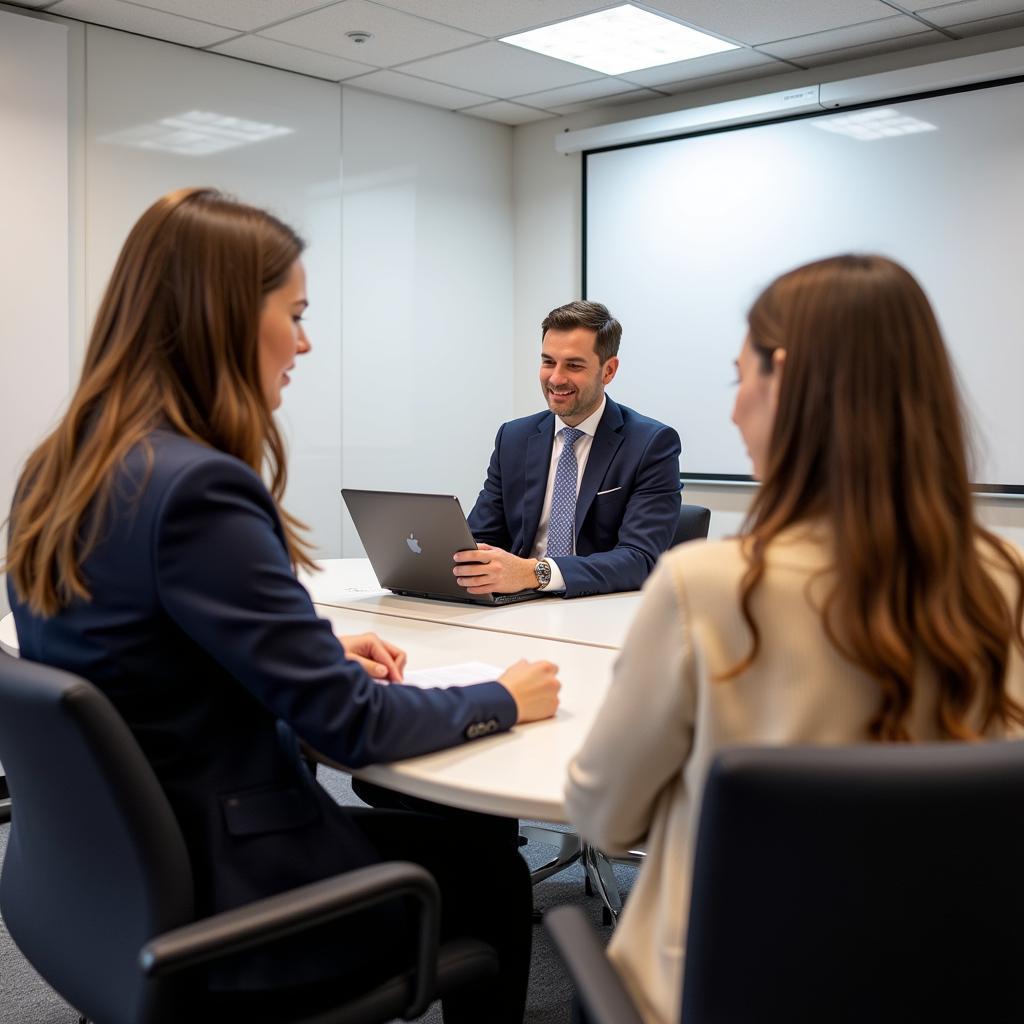Part 1 of the IELTS Speaking test often includes questions about learning experiences and personal development. Let’s explore how to effectively describe an experience that taught you something valuable through discussing mistakes and lessons learned.
Part 1: Common Questions and Sample Answers
Typical Questions:
- Do you think making mistakes is important for learning?
- How do you feel when you make mistakes?
- What’s the best way to learn from mistakes?
Sample Answer (Band 8-9):
“I firmly believe that making mistakes is an integral part of the learning process. When I make mistakes, I try to maintain a growth mindset and view them as opportunities for improvement rather than failures. The most effective way to learn from mistakes is to analyze what went wrong, reflect on the experience, and implement corrective measures to prevent similar errors in the future.”

Part 2: Cue Card
Topic:
Describe a time when you made a mistake but learned from it.
You should say:
- What the mistake was
- When it happened
- How you felt about it
- What you learned from it
Sample Answer (Band 8-9):
“I’d like to share an experience that taught me a valuable lesson about describe an important lesson you learned as a child. During my final year of university, I made the critical error of procrastinating on a major research project. I kept pushing back the start date, thinking I had plenty of time.
Two weeks before the deadline, I realized the gravity of my situation. The project required extensive data collection and analysis, which was impossible to complete properly in such a short timeframe. I felt absolutely devastated and overwhelmed with anxiety.
This experience served as a wake-up call. I learned the hard way about the importance of time management and planning. To salvage the situation, I developed a structured approach, breaking down the project into smaller, manageable tasks. I also sought guidance from my professor and collaborated with peers who provided valuable insights.
The most significant lesson I learned was that proper planning and time management are crucial for success. This mistake transformed my approach to academic and professional responsibilities. Now, I consistently create detailed schedules and set interim deadlines for all important projects.”
Part 3: Discussion Questions
Question 1: How can society better support people in learning from their mistakes?
Sample Answer (Band 8-9):
“I believe society can foster a more supportive environment for learning from mistakes by promoting a culture of openness and acceptance. This relates to how describe a public figure you admire for their work often shares their failures as stepping stones to success. Organizations should implement feedback systems that focus on growth rather than punishment, and educational institutions should emphasize the learning process over perfect outcomes.”
Question 2: Do you think modern technology helps people avoid making mistakes?
Sample Answer (Band 8-9):
“While technology certainly provides tools and safeguards to prevent certain types of errors, it’s important to recognize that it’s also creating new challenges and potential pitfalls. Just as describe a skill you want to improve this year, we must constantly adapt to new technological developments. The key is to strike a balance between utilizing technology’s benefits while maintaining critical thinking and personal judgment.”
Key Vocabulary and Phrases for High Scores
- Integral part /ɪnˈteɡrəl pɑːt/ – essential element
- Growth mindset /ɡrəʊθ ˈmaɪndset/ – belief that abilities can be developed
- Wake-up call /weɪk ʌp kɔːl/ – warning or realization
- Transform /trænsˈfɔːm/ – completely change
- Implement /ˈɪmplɪment/ – put into effect
- Foster /ˈfɒstə/ – encourage the development of
Tips from an Examiner:
- Practice incorporating personal experiences naturally
- Use a variety of descriptive language
- Maintain good eye contact and natural body language
- Structure responses clearly with examples
- Show reflection and analysis in your answers
Remember that making mistakes while practicing for IELTS Speaking is part of the learning process, much like describe an important friendship in your life can teach us valuable lessons about growth and understanding.